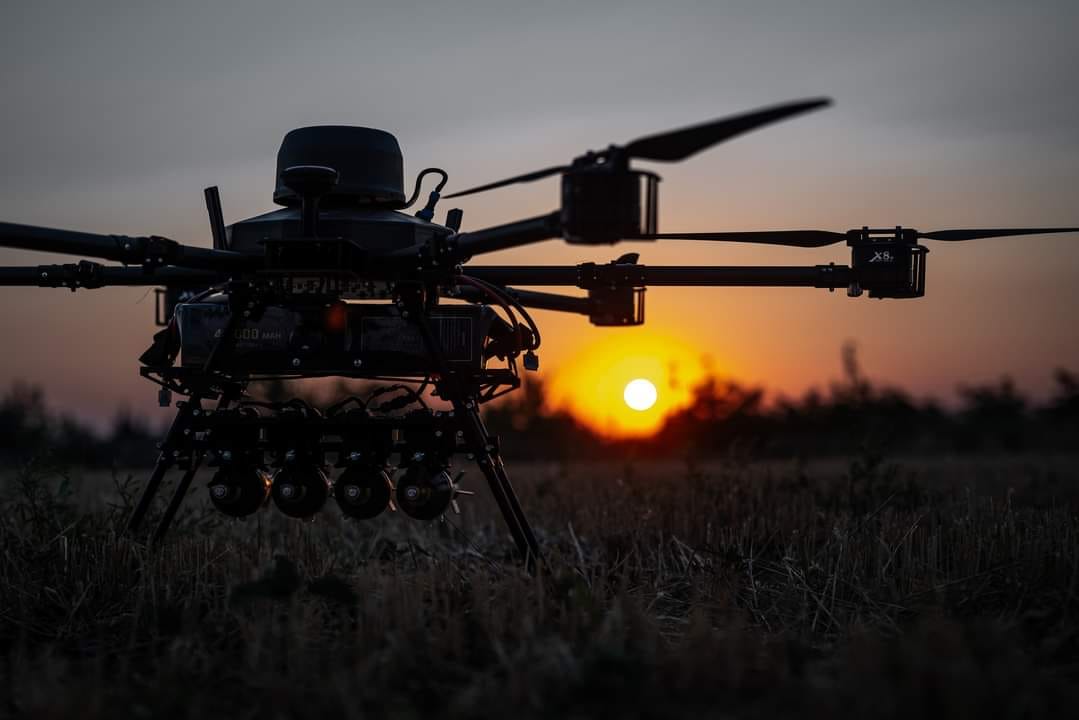Ukraine has a network of nearly 10,000 acoustic sensors placed across the country, which detect the location of Russian drones and relay target information to the military, who then shoot them down. The concept, named Sky Fortress, was developed in a garage by two Ukrainian engineers who set up a microphone and a mobile phone on a pole to listen for drones.
"They put about 9,500 of these within their nation and now they get very accurate information that is synthesized in a central computer and sent out to mobile fire teams. And on an iPad, they get a route of flight of these one-way UAVs coming in, and they have a triple-A [anti-aircraft] gun and a person with six hours of training can shoot these down," says General James Hecker, Commander of U.S. Air Forces in Europe and Africa, according to Defense One.
According to Hecker, thanks to this sensor network, Ukraine shot down 80 out of 84 drones three months ago.
The system was so effective that its engineers were invited to demonstrate it at Ramstein Air Base in Germany, Hecker said.
He added that each sensor costs between $400 and $500, making the entire network cheaper than a pair of Patriot missiles.
Hecker noted that American military and allied forces need to find their own ways to significantly reduce operational costs. In April, the U.S. spent millions of dollars on missiles to shoot down 30,000 drones launched at Israel by Iran.
Hecker was asked about Ukraine’s prospects for survival.
“A couple months ago, I was a little bit nervous because the Ukrainians were starting to run short on some of the munitions that are required for defense as well as offense. But through the Ukrainian Defense Contact Group, Secretary Austin and the other defense ministers have stepped up to the plate and recently given Ukraine a lot of equipment that they really needed. So that gives me a little bit more hope as we go on,” he said.



















